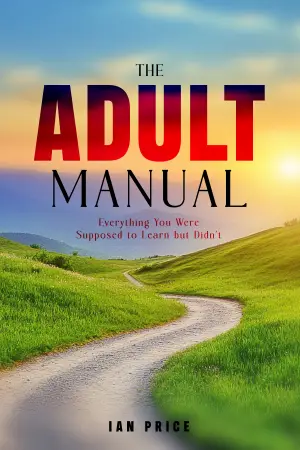As an avid reader who loves diving into books that provide practical insights, I recently picked up “Reset” by Dan Heath, a title that had been making waves as a New York Times bestseller. I was drawn to it primarily because of its compelling premise: a guide to fixing what’s not working in various aspects of life, from organizations to our everyday tasks. The idea of discovering “leverage points” where small changes can create significant impacts piqued my interest.
This book is a refreshing blend of humor and practicality. Dan Heath’s storytelling approach made complex ideas accessible and engaging. The way he articulates the challenges we face—like feeling stuck in the familiar gravity of routine—resonated deeply with me. The framework he presents is about finding those crucial leverage points where minimal effort can lead to substantial changes. Heath uses a mix of real-world examples, from the efficiency of a fast-food drive-thru to innovative practices in couples therapy, to illustrate his points, which kept me intrigued throughout.
One of the standout features of “Reset” is how it distills multifaceted concepts into digestible nuggets of wisdom. I particularly appreciated the emphasis on leveraging the feeling of progress to accelerate change, something mentioned in the official description. It’s a simple yet powerful idea—when we perceive our actions as producing forward momentum, it fuels further efforts toward making substantial changes.
However, as I delved deeper, I did encounter a couple of drawbacks that tempered my enthusiasm slightly. While the humor is certainly a highlight, there were instances where the jokes felt forced, diverting attention from the main message. Dr. Ali Victor Binazir, who praised “Reset” as the funniest business book he’d ever read, noted it requires reading the footnotes to find the humor. Personally, while I enjoy clever quips, I often found myself wanting to stay on track with the concepts rather than getting sidetracked by laughter.
Another point raised by readers, including Jiri Palacky, was the need for a more structured approach in applying the principles discussed. Although Heath lays out several strategies in the second half, I felt some could benefit from clearer, step-by-step instructions on practical implementation. It left me wondering whether learners new to these concepts might struggle to grasp how to effectively utilize the tools provided.
Despite these minor hiccups, the book shines in other areas. For instance, I found the summaries at the end of each chapter incredibly helpful in reinforcing key takeaways. As noted by Jason, this structure contributes to the practical nature of “Reset,” allowing readers to reflect on what they’ve learned and immediately think of applications in their own lives.
The book’s conclusion is powerful and stayed with me long after I finished reading. It left me feeling empowered to tackle challenges not just in professional settings but in personal life as well. This holistic approach is what makes “Reset” stand out among similar titles.
In summary, “Reset” met most of my expectations, offering a framework for effecting meaningful change in both organizational and personal contexts. I wholeheartedly recommend it for anyone looking to revamp their approach to problem-solving and make impactful adjustments without stretching resources. If you’re ready for a shot of inspiration mixed with actionable insights, Dan Heath’s “Reset” is a win.
Discover practical strategies to transform your life in Reset: How to Change What’s Not Working. >>








